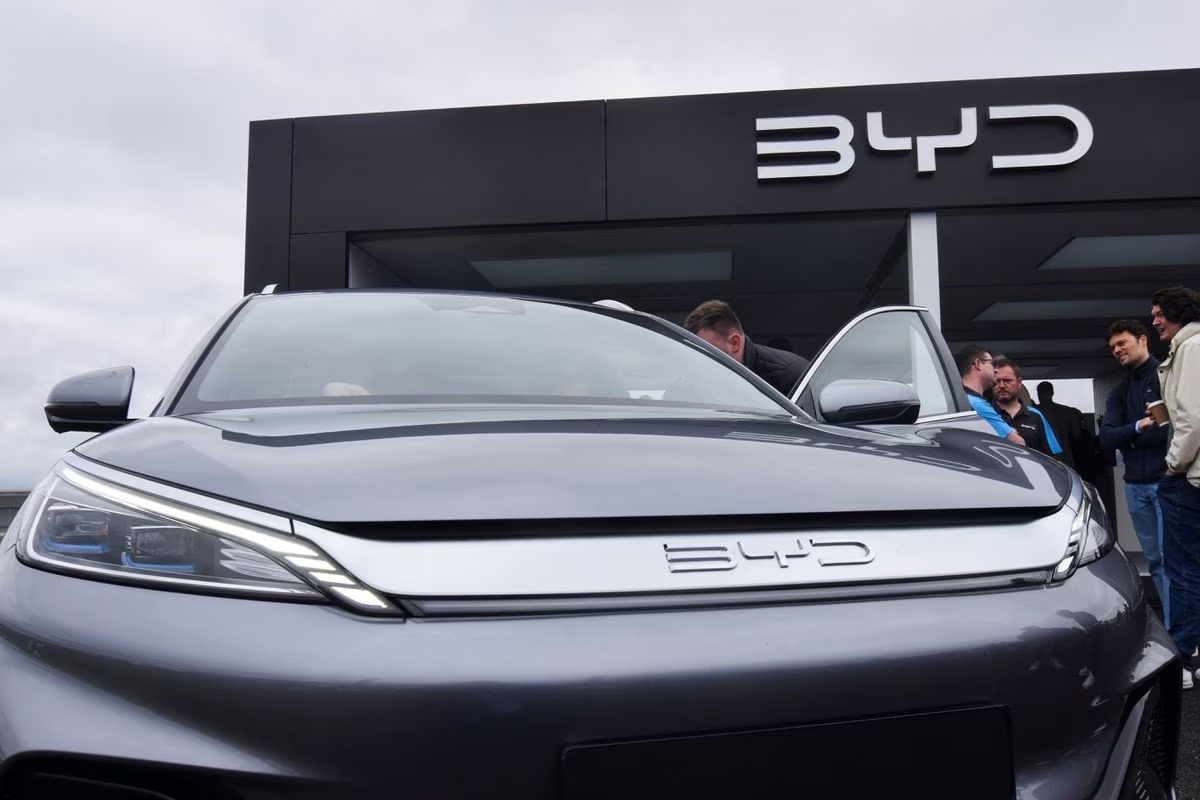SHANGHAI/BEIJING, May 25 (Reuters) – Great Wall Motor (601633.SS) has filed a report with China’s regulators against BYD (002594.SZ), , it said on Thursday, claiming its rival’s two top-selling hybrid models did not meet emissions standards and triggering a rare public spat.
BYD rejected the claim, saying its vehicles met China’s emission standards and that it reserved the right to take legal action against Great Wall.
The public accusation from Hebei-based Great Wall – China’s first listed car maker – has thrown it into an unusual, open fight with BYD, the country’s largest and most successful maker of electric and plug-in hybrid vehicles that has emerged as a rival to Tesla (TSLA.O).
Hong Kong-listed shares of Great Wall closed down 7.3%. Hong Kong-listed shares of BYD fell 5.4%.
On its WeChat account, Great Wall Motor said it had submitted documents on April 11 to China’s ecology and environment ministry, the industry and information ministry and the top market regulator alleging that BYD failed to meet pollutant emissions standards in two plug-in hybrid models.
The three government agencies did not immediately respond to a request for comment from Reuters.
“We firmly oppose any kind of unfair competitive behaviour and reserve the right to sue,” BYD said in a statement.
Great Wall Motor accused BYD of using non-pressurised fuel tanks in its Qin Plus and Song Plus plug-in hybrids, which let the liquid inside evaporate more rapidly than it would in pressurised tanks.
The Song is BYD’s best-selling SUV. The Qin is the company’s best-selling sedan.
Great Wall did not provide evidence for its claim and did not explain why any issue had not been detected by regulators before.
Fuel tank pressure is an issue for plug-in hybrids because they are designed to run on electric power alone at times, meaning gasoline remains in the tank longer than it would for a normal internal combustion-engine vehicle.
Pressurised tanks, which are widely used in hybrids and plug-in hybrids, are designed to limit the evaporation of gasoline and meet regulatory standards for the gasoline fumes vehicles emit.
In its statement, BYD said Great Wall’s testing was invalid. It said Great Wall appeared to have purchased BYD vehicles and run its own tests without the third-party inspection and based on longer test distances required by China’s regulations.
BYD, which is backed by Warren Buffett’s Berkshire Hathaway, said it welcomed a regulatory review.
“We hope everyone will act in a way that is beneficial to the industry and Chinese brands,” BYD said. “The development of the new energy (vehicle) business has not been easy.”
BYD has faced scrutiny over fire risks linked to the batteries in its vehicles. Last year, the automaker expanded a recall of another plug-in hybrid model, the Tang DM, after finding a risk water could get inside the battery pack.
Berkshire Hathaway, which has reduced its stake in BYD, remains the company’s largest shareholder with just under 10% of its shares listed in Hong Kong.











